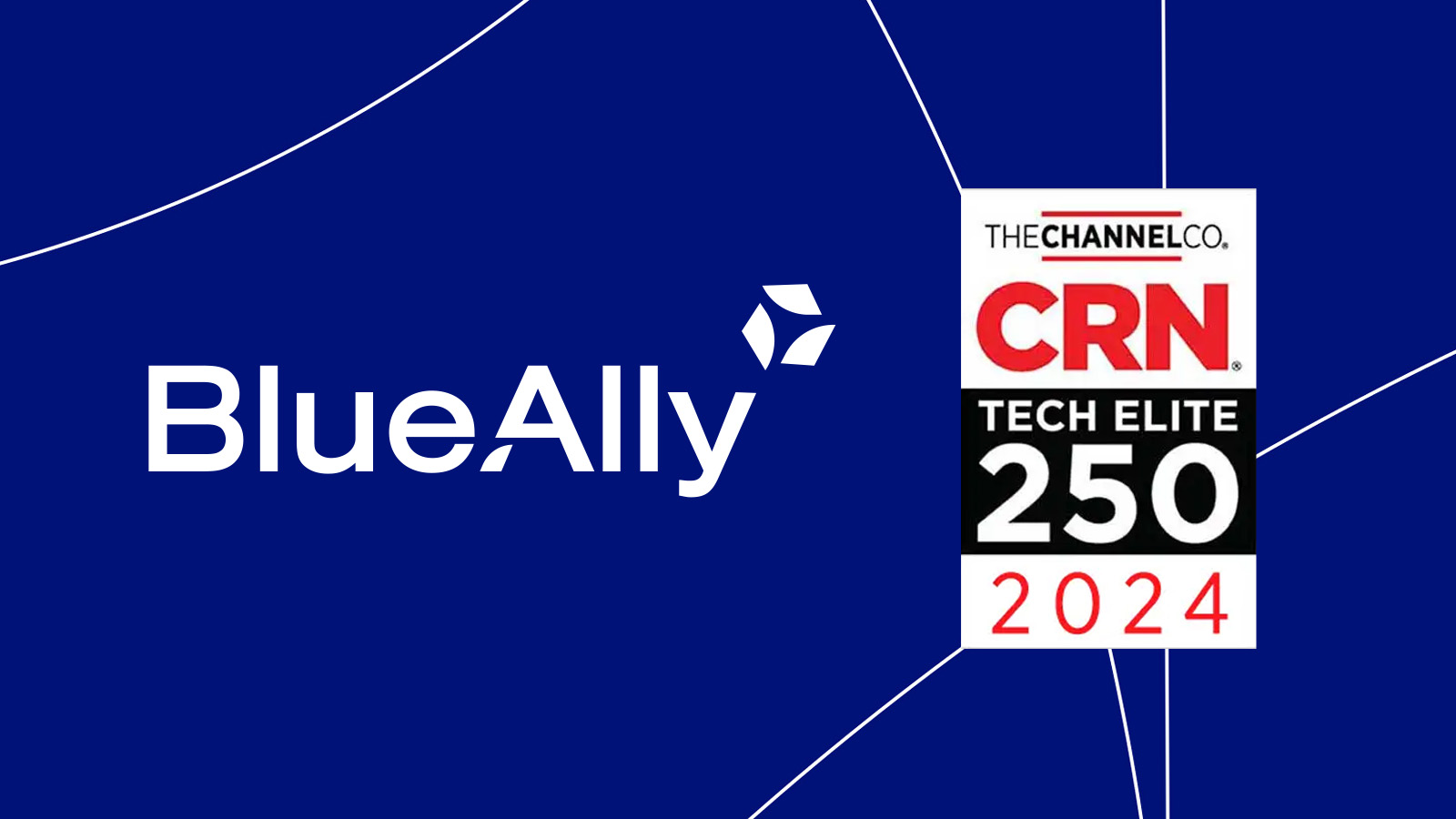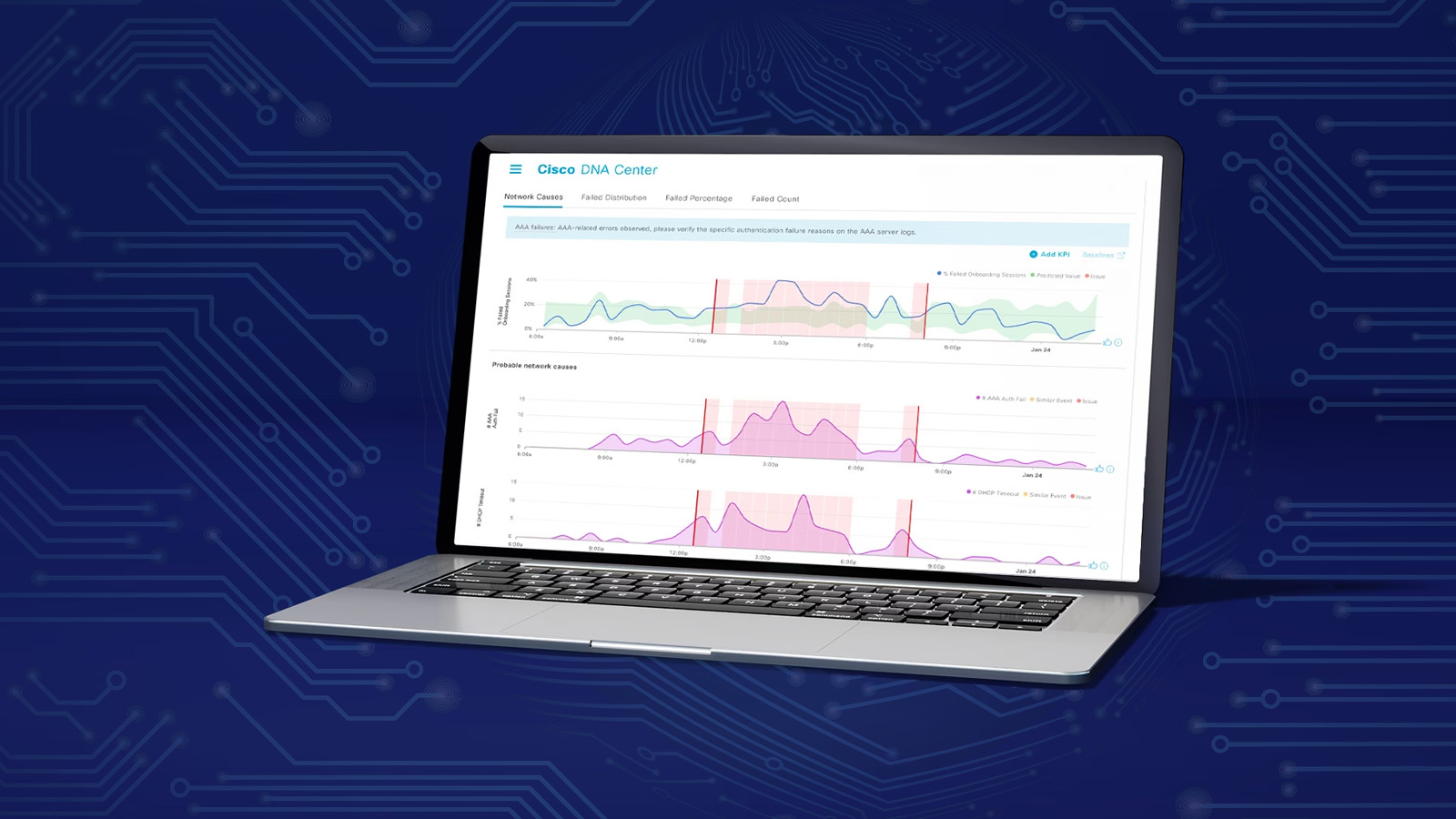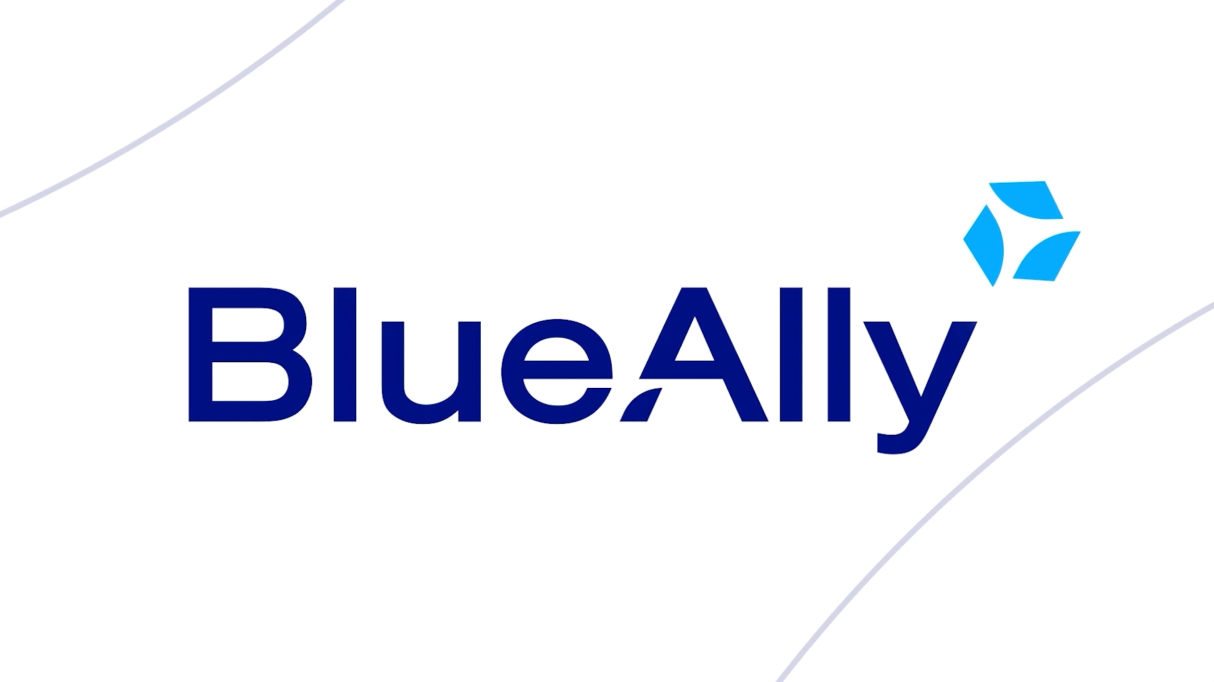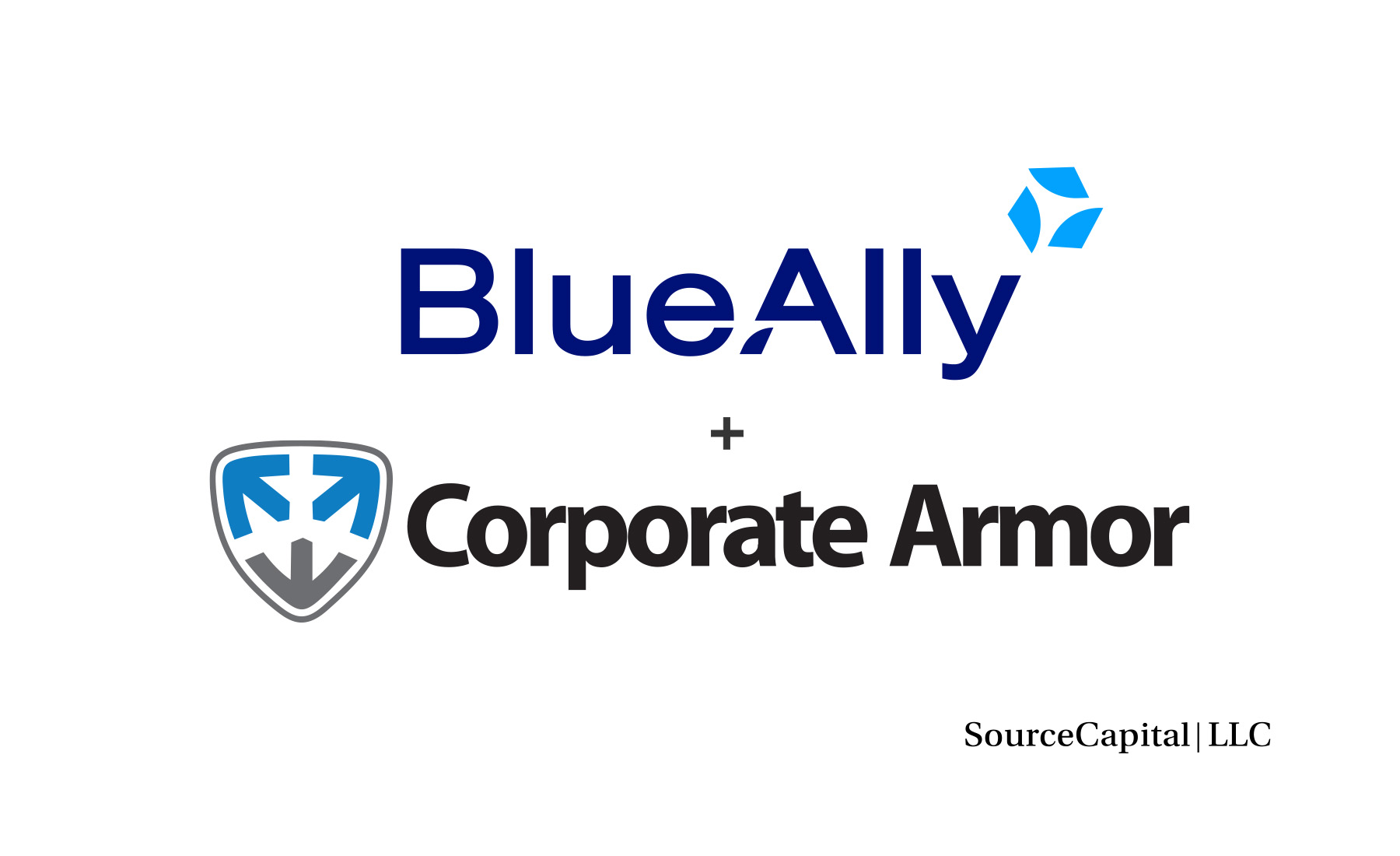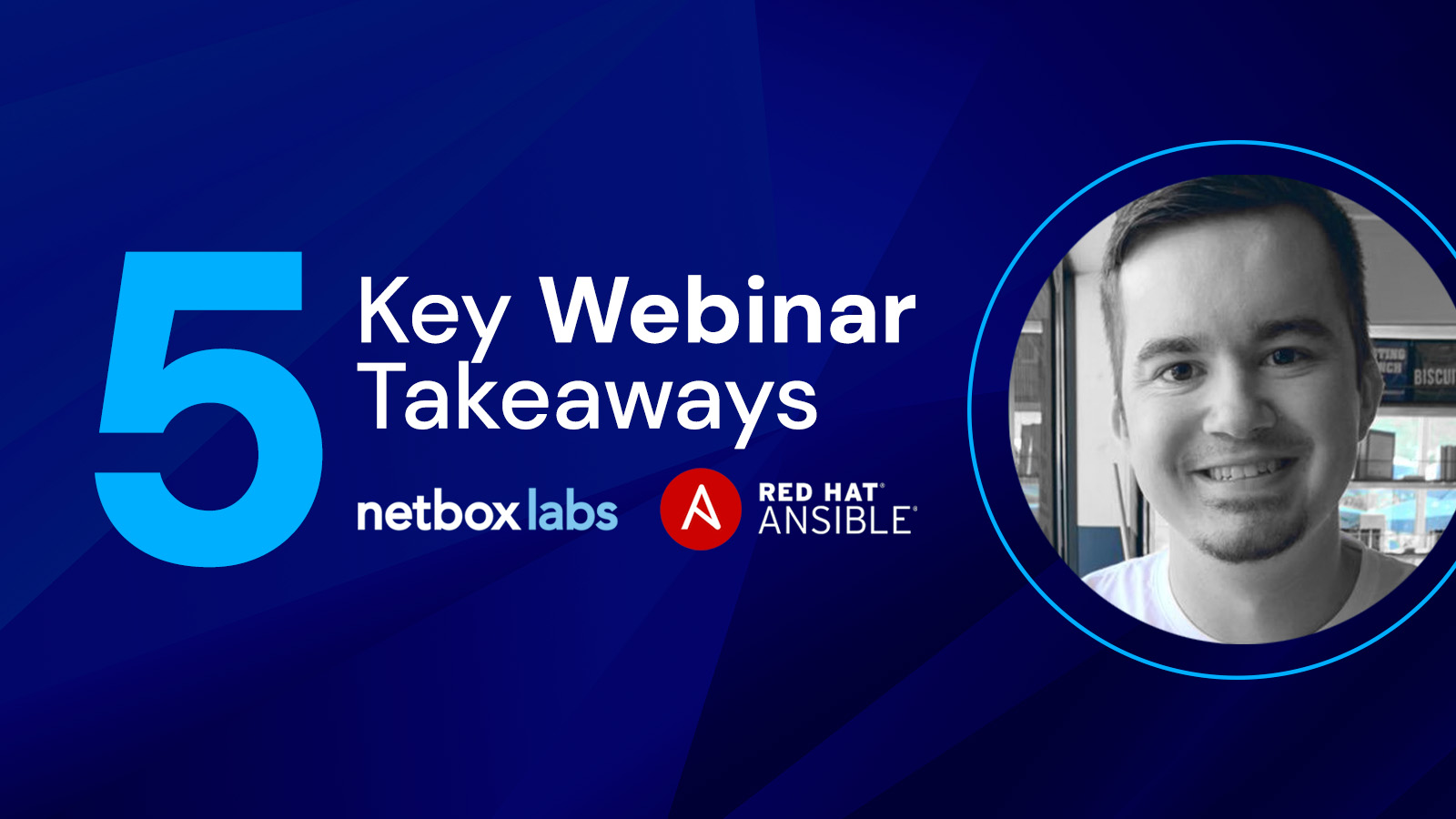 FEATURED
FEATUREDKEITH MANTHEY | Field CTO
Over the years, I have witnessed the industry undergo various technological shifts. However, one recent trend stands out for its long-term viability: cloud repatriation driven by private AI. As organizations integrate AI into their operations, they are reassessing public cloud economics, data privacy, and control. This shift is not about abandoning the cloud; rather, it is about developing AI on a foundation that enables greater control over spending and privacy.
The Hidden Costs of Public Cloud
The initial migration to the cloud often appears financially appealing with lower capital expenses, adaptable scaling, and quicker time to market. However, long-term economics can tell a different story. Egress fees, or charges incurred when moving data out of the cloud, can quickly accumulate, particularly for organizations with high data mobility needs. Cloud storage pricing can often exceed expectations, particularly for unstructured or rapidly growing datasets. Furthermore, expected cost savings often fail to materialize due to underutilized resources, infrastructure sprawl, and dependence on third-party cloud management, which can cause the total cost of ownership to exceed that of similar on-premises options.
One of the more strategic concerns is vendor lock-in. Cloud providers have built extensive ecosystems of proprietary tools and services, which are great for initial development but challenging and costly when shifting platforms or migrating workloads. The complexity of navigating pricing structures, APIs, and service dependencies makes switching or scaling across vendors more difficult than anticipated.
Private AI as a Catalyst for Repatriation
The rise of AI has added a new dimension to infrastructure decisions. Organizations are realizing that hosting AI workloads in public cloud environments can be cost-prohibitive, especially when inference and training involve large-scale data movement and GPU consumption. More critically, AI often relies on sensitive, proprietary, or regulated data, making data residency, control, and privacy key considerations.
Private infrastructure, whether on-premises, in colocation facilities, or as part of a hybrid private cloud, allows organizations to deploy AI models close to their data, eliminating costly egress fees and enhancing performance. It also enhances governance, providing better control over model access, auditability, and compliance with regulations such as GDPR, HIPAA, and new AI-specific regulations, including ISO 42001.
Repatriation: Nuanced, Not Absolute
It’s important to be clear: cloud repatriation is not an all-or-nothing strategy. Selective repatriation is emerging as the more practical model. Research shows that most organizations pursuing repatriation are focused on specific, cost-sensitive, or performance-intensive workloads, not a complete departure from cloud.
This hybrid mindset aligns with what we’re seeing across the industry. Organizations are identifying workloads that benefit from cost optimization, such as predictable, high-utilization systems, and migrating them to private infrastructure. At the same time, they’re maintaining public cloud environments for agility, innovation, and elastic compute capacity. The result is a hybrid approach that enables the best of both worlds—flexibility where it’s needed and control where it matters.
Compliance, Security & Performance
In addition to regulatory compliance and performance optimization, AI-driven workloads heighten the need for sovereignty and security. Sensitive datasets—ranging from medical records to trade secrets—used for training or inference must be handled with care. Running AI workloads in a private environment minimizes data exposure and ensures security. It provides more precise control over where and how data is used. As scrutiny of data used to train and power AI increases, owning the infrastructure that supports your models becomes a strategic necessity.
Owning Your AI Advantage
By building AI capabilities privately, organizations can avoid becoming overly dependent on all-inclusive AI services, which often utilize proprietary tooling and obscure transparency. In contrast, private AI stacks provide the ability to customize infrastructure, explore open-source models, and maintain complete control over intellectual property. This can create a significant competitive advantage for organizations in healthcare, financial services, manufacturing, and government.
A More Balanced Perspective
Repatriation isn’t a silver bullet. It comes with its challenges, including upfront investments, ongoing maintenance, and the need for skilled IT staff. For startups and rapidly growing businesses, the cloud remains a crucial enabler. However, for organizations with established operations and predictable workload patterns, it’s important to ask the difficult questions: Are we still receiving the value we anticipated? Can we regain control without sacrificing agility?
As AI becomes an integral part of core operations, organizations are adopting infrastructure strategies that emphasize control, transparency, and value. Private AI, achieved through carefully repatriated workloads, is not merely a response to rising cloud costs; it represents a proactive approach to achieving long-term resilience, ensuring regulatory compliance, and maintaining operational flexibility.
Closeout
BlueAlly helps clients evaluate, plan, and migrate the right workloads to the right environments—on-prem, cloud, or edge. We enable hybrid architectures optimized for private AI through capabilities like our Global Inference Mesh and Distributed Data Engine, designed to support real-time performance and compliance needs across decentralized infrastructure. Our white-glove compliance services help clients meet regulatory standards, such as ISO 42001, ensuring AI governance is built in from day one. Whether you’re exploring full repatriation or a more strategic hybrid model, BlueAlly brings the expertise to design scalable, secure, and future-ready environments that empower your AI journey.






